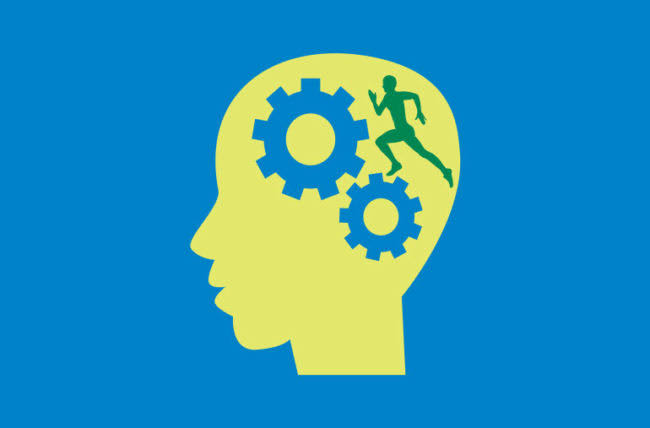Exercise has been shown to improve cognitive function in both children and adults. The effects of exercise on learning and memory have been studied extensively in young people, and there is evidence to suggest that these benefits extend into adulthood.
However, less is known about the impact of exercise on cognition in older adults. While the exact mechanisms underlying the positive effect of exercise on cognition remain unclear, several possibilities have been proposed.
First, physical activity increases cerebral blood flow and oxygen delivery, which may enhance neural plasticity and neurogenesis. Second, aerobic exercise improves cardiovascular fitness and thus increases brain perfusion in areas responsible for cognition. Finally, exercise enhances cognitive reserve, which refers to the ability of the brain to compensate for age‐related decline.
Several studies have shown that regular exercise reduces the risk of dementia and preserves cognitive functions in older adults. For example, a study published in 2018 in the journal Neurology found that people who exercised at least once a week had better cognitive function than those who did not. Other studies have found similar results, showing that exercise can reduce the risk of Alzheimer’s disease and other forms of dementia.
Exercise Can Improve Students’ Mental Health
Exercise can be the best defense against a variety of common mental health issues that students grapple with during their studies.
Depression
In addition to improving mood, exercise helps prevent depression by increasing levels of serotonin in the body. Serotonin plays an important role in regulating sleep patterns and appetite as well as controlling anxiety and stress responses. Exercise also stimulates the production of endorphins, another type of neurotransmitters that help relieve pain and promote feelings of happiness.
Anxiety
Physical activity can also decrease symptoms of anxiety. In one study, researchers compared the effectiveness of three different types of exercise — walking, running, or cycling — on reducing anxiety among college students. They found that all three exercises were equally effective in decreasing anxiety. Another study showed that even moderate amounts of exercise could significantly lower anxiety scores.
Mood disorders such as major depressive disorder are often accompanied by low energy and fatigue. A recent review article suggests that exercise might play a key role in treating this condition. It notes that while some previous studies suggested that antidepressants alone were more beneficial than combined antidepressant/exercise treatments, others failed to find any difference between the two approaches. This new review concludes that combining exercise with medication appears to work just as effectively as taking medications alone.
Sleep Disorders
Regular exercise can increase the quality and duration of sleep. One study found that exercising before bedtime improved overall sleep quality and reduced daytime drowsiness. Researchers believe that increased heart rate during exercise causes elevated levels of norepinephrine in the bloodstream. Norepinephrine then travels through the spinal cord to the hypothalamus, where it suppresses melatonin secretion. Melatonin promotes sleep onset and regulates circadian rhythms. Thus, when you exercise right before going to bed, your body produces higher levels of norepinephrine, causing you to feel sleepy earlier and fall asleep faster.
Final Thoughts
The combination of challenging both the body and the brain is even better than just aerobic activity alone because the technicality of those sports activates the brain areas that control almost all the parts of the body. If you’re struggling with poor grades, lack motivation, or feeling overwhelmed by schoolwork, consider adding physical activity into your daily routine. You may notice improvements in your academic performance within days!
